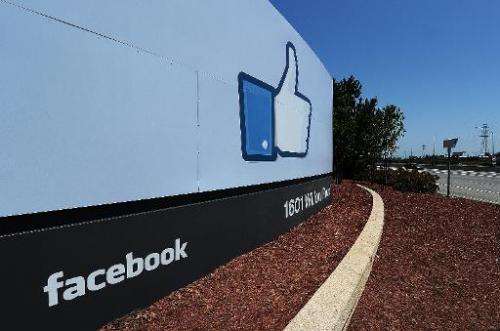Facebook steps up battle on 'fake likes'

Facebook said Friday it has stepped up its battle against spammers who promise to deliver "likes" to its members, and warned users on using such scams.
The world's most popular social network said that to date, it has obtained legal judgments of nearly $2 billion against fraudulent activities on Facebook. It was not clear how much of that was actually collected.
Facebook's moves appeared to counter concerns that users—including politicians and companies selling products—are buying "likes" to make them appear more popular. And it is targeting a cottage industry which seeks to deliver these results to Facebook members, often promising "10,000 likes" or more for a fee.
"We write rules and use machine learning to catch suspicious behavior that sticks out. When we catch fraudulent activity, we work to counter and prevent it, including blocking accounts and removing fake likes all at once," Facebook site integrity engineer Matt Jones said in a blog post.
"As our tools have become more sophisticated, we've contributed some of our spam-fighting technology to the academic community as well, in hopes of helping other companies combat similar problems."
Jones said that Facebook if necessary takes the spammers to court "to remind would-be offenders that we will fight back to prevent abuse on our platform. We also limit likes per account to make spammers' operations less efficient."
Jones said the moves are aimed at preserving authenticity on the network of more than one billion members. Facebook uses various techniques including algorithms to detect when there is a suspicious spike in "likes."
"It's important to remember that fraudulent activity is bad for everyone—including page owners, advertisers, Facebook and people on our platform," he said.
"We have a strong incentive to aggressively go after the bad actors behind fake likes because businesses and people who use our platform want real connections and results, not fakes."
© 2014 AFP



















